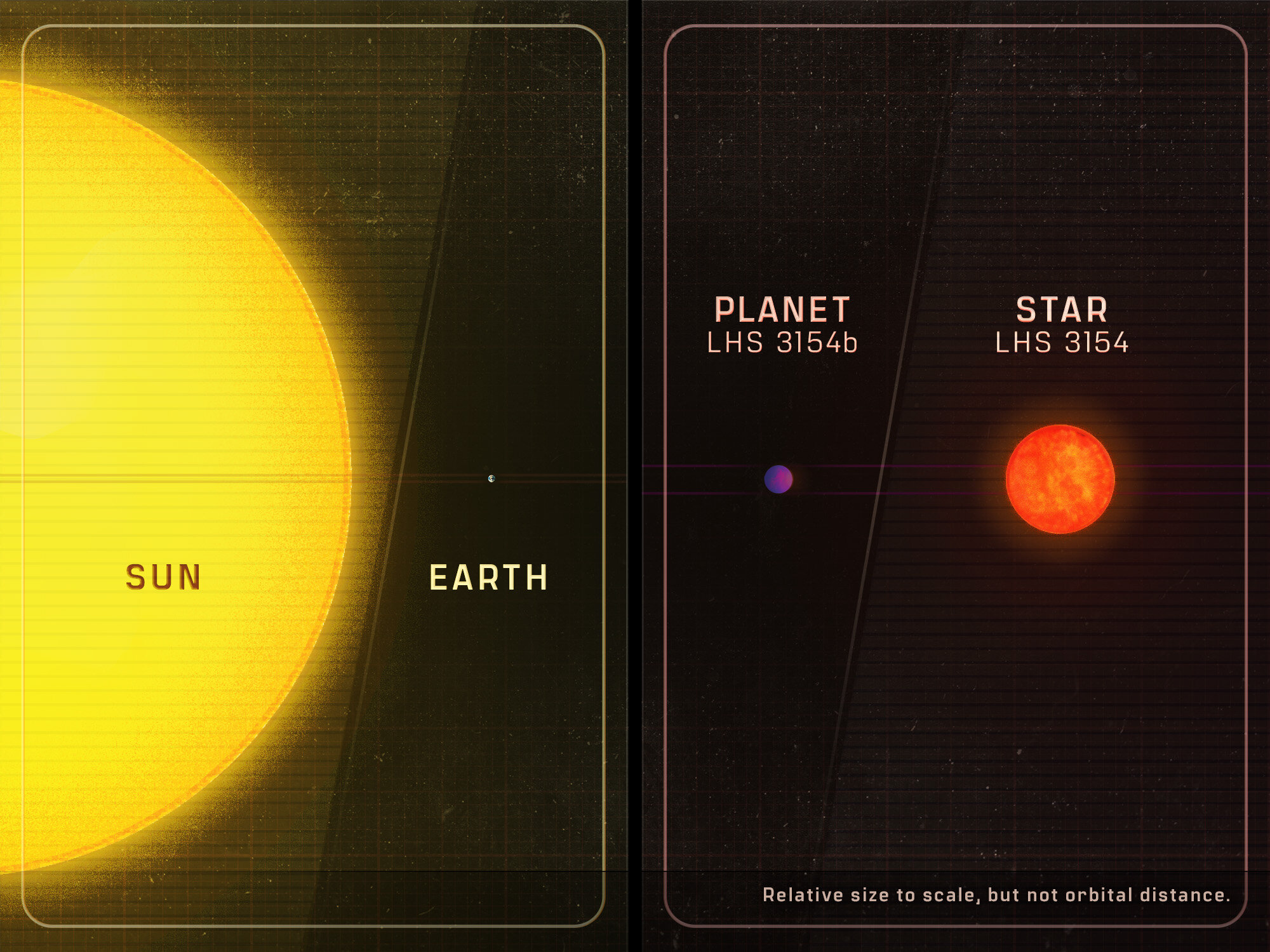The discovery of a planet that is far too massive for its sun is calling into question what was previously understood about the formation of planets and their solar systems, according to Penn State researchers.
In a paper published in the journal Science, researchers report the discovery of a planet more than 13 times as massive as Earth orbiting the “ultracool” star LHS 3154, which itself is nine times less massive than the sun. The mass ratio of the newly found planet with its host star is more than 100 times higher than that of Earth and the sun.
The finding reveals the most massive known planet in a close orbit around an ultracool dwarf star, the least massive and coldest stars in the universe. The discovery goes against what current theories would predict for planet formation around small stars and marks the first time a planet with such high mass has been spotted orbiting such a low-mass star.



Eh just the rare but non zero chance a Venus sized 8 ball is rolling our way, zero chance of us doing anything about it.
It just bucks the desire for an ordered, permanent universe, which is comforting to humans
How much warning would we have? Weeks? Years? Centuries? If we had a decent warning, we might prioritize establishing lunar and martian colonies if, you know, the fate of all known life depended on it.
I feel like humanity would be more likely to fast track world war 3/4/whatever we’re on by then, nuclear winter, and near (if not complete) human extinction. But I also have little faith in humanity, so there’s that. 🤷♀️
Ok, but this is a space community. Back to the question. How much would we have?
In the mind-bogglingly unlikely event that a Venus-sized object was on a collision course with Earth, I’d guess we’d likely have a couple of years’ warning. Maybe a decade. It’s not easy to detect objects out beyond Neptune, even when they’re sizeable.
The odds are so incredibly small that they’re not worth worrying about even abstractly, IMO. The Solar System has gone for 4.5 billion years without any of the Terrestrial planets in it being smacked by a rogue planet (I suppose it’s possible one of the gas giants might have swallowed a small one in the distant past, though even then I’d expect signs of such an event to remain on its moons) so the chance that one might happen to come along right at this instant in time is vanishingly small.